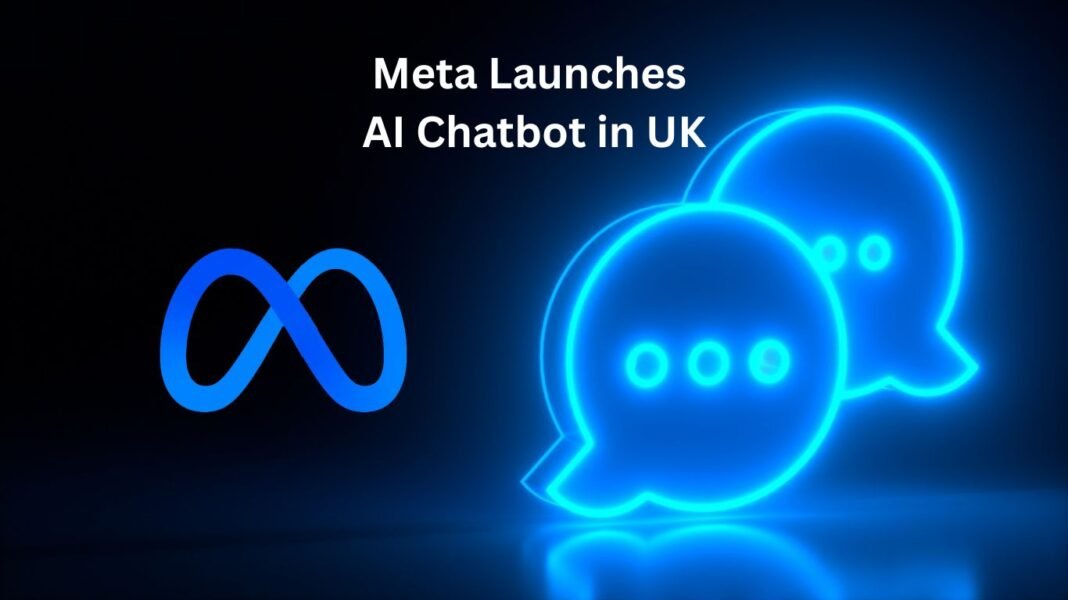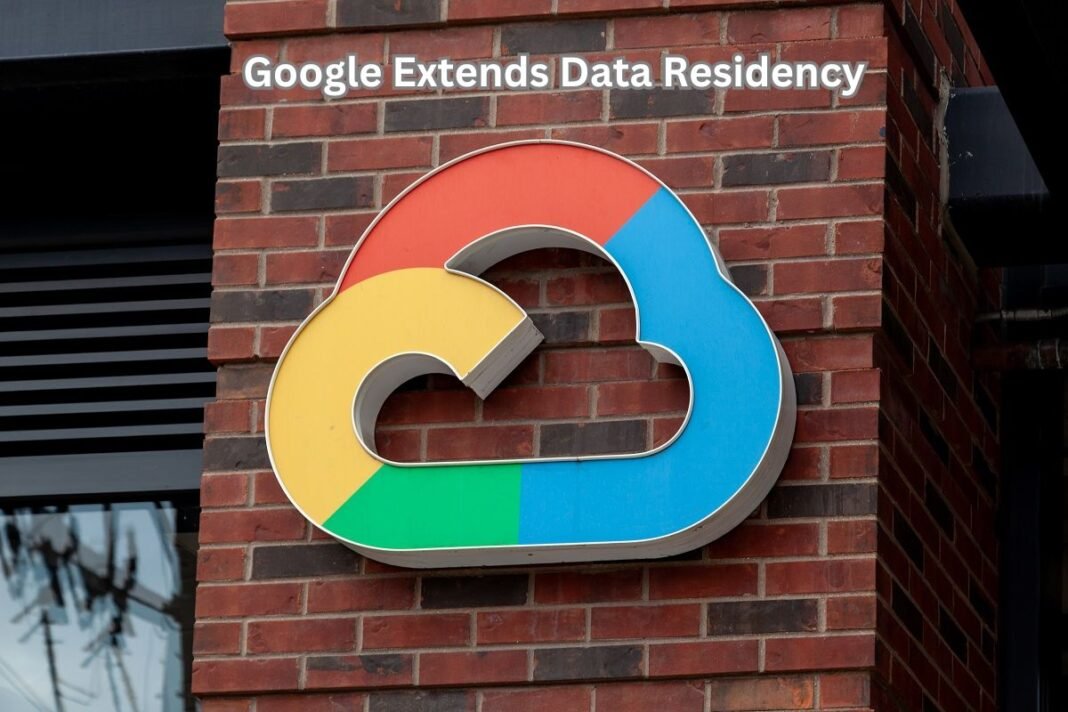Meta, the company behind Facebook and Instagram, has introduced its AI assistant in the UK. This launch coincides with AI-enhanced Ray-Ban sunglasses, modeled by Mark Zuckerberg.
The AI assistant, capable of generating both text and images, is now live on Meta’s platforms in the UK and Brazil. It was previously launched in the US and Australia. While regulatory issues delayed the UK release, Meta’s AI services remain unavailable in the EU due to regulatory uncertainties.
Users in the UK can now access the Meta AI chatbot by tapping an icon in their Facebook or Instagram apps. Alternatively, they can purchase Ray-Ban Meta frames, priced at £299, to access its voice assistant feature. Zuckerberg showcased these glasses at a recent event, where he also shared that Meta AI would soon respond to voice commands and mimic the voices of celebrities like Judi Dench, John Cena, and Keegan-Michael Key. However, this celebrity voice feature won’t be available in the UK.
Meta explained that the rollout, which also includes the Philippines, will help users find answers, brainstorm ideas, and create content. They can easily share their creations with both their local networks and the global community.

How UK Users Can Control Meta’s AI Use of Their Posts
Meta’s AI tools, powered by its Llama 3.2 model, have sparked a wave of concerns from social media users. Many attempted to stop Meta from using their posts for AI training by sharing a viral post titled “Goodbye Meta AI!” This message gained support from public figures like James McAvoy and Tom Brady. However, it provided no actual privacy or copyright protection.
To prevent Meta from using their Facebook and Instagram posts to train AI models, UK users must fill out an objection form found in their app’s privacy settings. Yet, interactions with Meta’s AI tools—such as AI chatbot conversations—remain accessible for AI training and finetuning.
In other news, Meta recently introduced a new AI model, Movie Gen, capable of creating realistic video and audio clips based on user prompts. An example includes a surfing koala. However, similar to OpenAI’s Sora model, Movie Gen is not yet available to the public.


